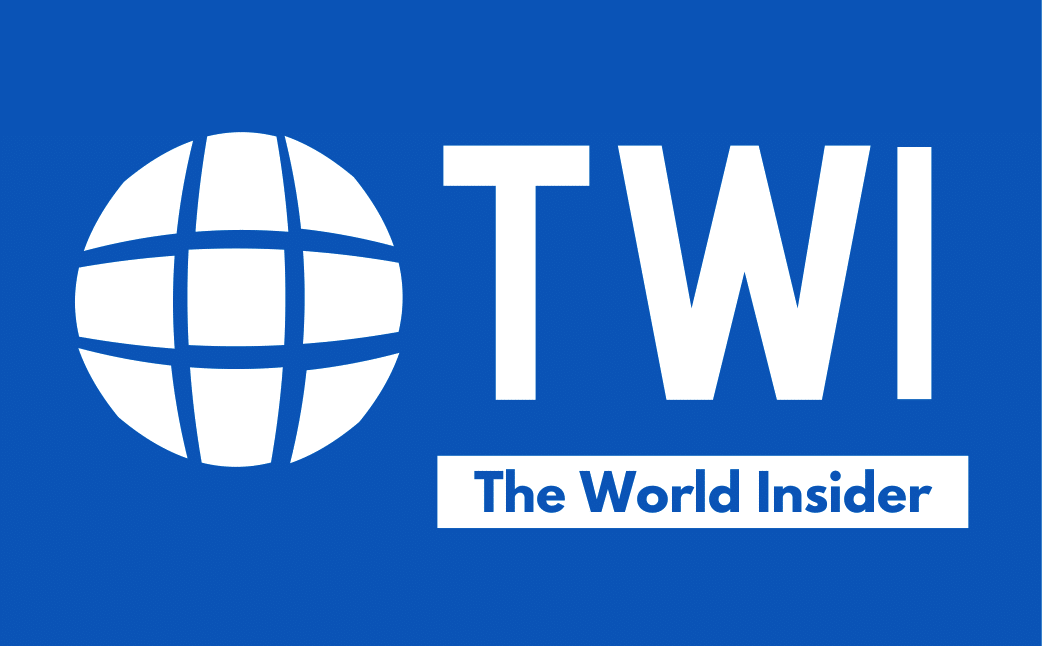U.S. strike in Baghdad kills one of Iran’s most powerful military leaders
Regional countries are on high alert as Iran vowed to retaliate over the U.S. airstrike that assassinated the Iranian general Qasem Soleimani, the head of Iran’s elite Quds Force at Baghdad airport on Friday.
The move was directed by U.S. President Donald Trump, the Pentagon said Thursday. The White House in its statement said the strike was a “decisive defensive action” carried out “at the direction of the president”.
“General Soleimani and his Quds Force were responsible for the deaths of hundreds of American and coalition service members and the wounding of thousands more” the statement said.
President Trump only tweeted a picture of the American flag after the attack without any comments.
Iran’s supreme leader, Ali Khamenei, ordered three days of mourning and vowed that the U.S. would face “severe revenge” for the killing.
Iranian Foreign Minister Mohammad Javad Zarif warned that the targeted killing of Soleimani was “extremely dangerous & a foolish escalation.” Zarif said on Twitter that “The U.S. bears responsibility for all consequences of its rogue adventurism”.
Soleimani, one of Iran’s most powerful generals, was killed in a strike at Baghdad International Airport alongside Abu Mahdi al-Muhandis, the deputy commander of Iran-backed Iraqi militia the Popular Mobilization Forces (PMF), Iraqi state TV first reported.
Iraqi Prime Minister Adel Abdul-Mahdi condemning the attack said it was an “assassination”.

The attack has no only escalated tensions between the United States and Iran but also raised threats of direct retaliation in third countries. The backlash could be worst for the whole Middle East region which is already suffering from years of conflict and dozens of proxy wars.
The U.S airstrike came after the siege of the US embassy in Baghdad by the Iranian backed PMF and their supporters. The Pentagon accused Soleimani of having masterminded the mob attack.
Following the embassy assault, U.S. immediately deployed approximately 750 soldiers with the Army’s 82nd Airborne Division to Baghdad from Kuwait, Secretary of Defense Mark Esper. An additional 4,000 American troops are expected to be deployed later this week to prevent militia attacks, according to reports.
U.S. assassination of Iranian general divides Congress
The Pentagon’s announcement early Friday that U.S. forces killed a high-ranking Iranian general, Qasem Soleimani, drew both praise and criticism from the U.S. Congress.
“Wow – the price of killing and injuring Americans has just gone up drastically. Major blow to Iranian regime that has American blood on its hands.” Senator Lindsey Graham said in a series of tweets.
House Speaker Nancy Pelosi has called on the Trump administration to brief the lawmakers on the U.S. airstrike. “Tonight’s airstrike risks provoking further dangerous escalation of violence. America — and the world — cannot afford to have tensions escalate to the point of no return,” Pelosi said in a statement.





